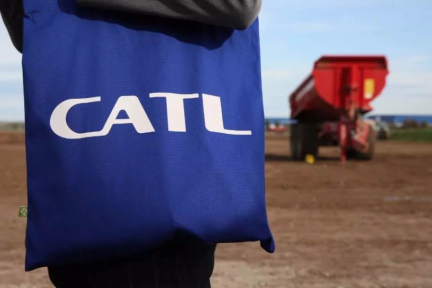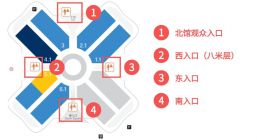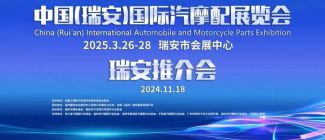South Korea's LG chemical overtook Japan's panasonic and China's ningde times to become the world's largest battery maker in the first quarter of this year, according to a report released on May 7 by SNE Research, a Research and consulting firm for new energy equipment in South Korea.

LG chemical saw a 120% year-on-year increase in installed capacity to 5.5 GWh in the first quarter, up from 2.5 GWh in the first quarter last year, as sales of its tesla Model 3, Renault Zoe and Volkswagen electric vehicles widened. LG chem's global market share grew in tandem, to 27.1 percent from 10.7 percent in the same period last year.
Battery manufacturers ranked second and third in market share, respectively, with panasonic and ningde times accounting for 25.7 percent and 17.4 percent, respectively. Looking back to the first quarter of last year, ningde times ranked first in the world with 23.4% market share, panasonic ranked second with 22.9% market share, byd ranked third with 15.1% market share, and LG chem ranked fourth with 10.7% market share.
The global market for lithium-ion batteries, worth about $43.4 billion in 2019, is expected to grow by more than 16 percent between 2020 and 2026, SNE Research said in its report. Others predict that the market for power batteries will reach $94.4 billion by 2025.
By 2019, ningde times has been the top seller of power batteries in the world for three consecutive years, accounting for more than half of China's power battery market, and supplying to many mainstream automobile companies such as saic motor, gac, geely, dongfeng, and Daimler. In the first quarter of this year, due to the impact of emergencies, the amount of new-energy vehicles installed dropped sharply, and ningde times' net profit declined by 29.14% to 742 million yuan.
Still, the ningde era is not to be underestimated.
Currently, ningde times has won the "big contract" of tesla's Shanghai factory from LG chem. In February, ningde times announced it had become a supplier of power batteries to tesla in China. Previously, the supplier of tesla's Shanghai factory was LG chem, and the domestic Model 3 used NCM (nickel-cobalt-manganese) 811 cylindrical ternary lithium battery produced by LG chem.
Car company insiders previously told future automotive daily that the profit margin of power battery is more than 30%, much higher than the profit level of less than 5% for vehicle parts. In order to increase the bargaining power and profit margin of power battery, many automobile manufacturers have invested heavily in the layout of power battery.
Tesla's efforts to develop its own batteries have accelerated. According to foreign media reports, tesla may have acquired SilLion, a lithium ion battery start-up, after acquiring Maxwell, a battery technology company, for $218 million in February last year, and plans to build a battery cell test production line at its fremont, California, plant.
In 2019, Toyota announced a joint venture with panasonic for on-board batteries, and Volkswagen announced plans to build its own power battery plant in Germany. In march, Volvo opened its first battery assembly line at its plant in Belgium. In addition, China's indigenous car company byd has five battery factories, while geely's two will start production this year.
AMS2024 Exhibition Guide | Comprehensive Exhibition Guide, Don't Miss the Exciting Events Online and Offline
Notice on Holding the Rui'an Promotion Conference for the 2025 China (Rui'an) International Automobile and Motorcycle Parts Exhibition
On September 5th, we invite you to join us at the Wenzhou Auto Parts Exhibition on a journey to trace the origin of the Auto Parts City, as per the invitation from the purchaser!
Hot Booking | AAPEX 2024- Professional Exhibition Channel for Entering the North American Auto Parts Market
The wind is just right, Qianchuan Hui! Looking forward to working with you at the 2024 Wenzhou Auto Parts Exhibition and composing a new chapter!
Live up to Shaohua | Wenzhou Auto Parts Exhibition, these wonderful moments are worth remembering!
Free support line!
Email Support!
Working Days/Hours!





